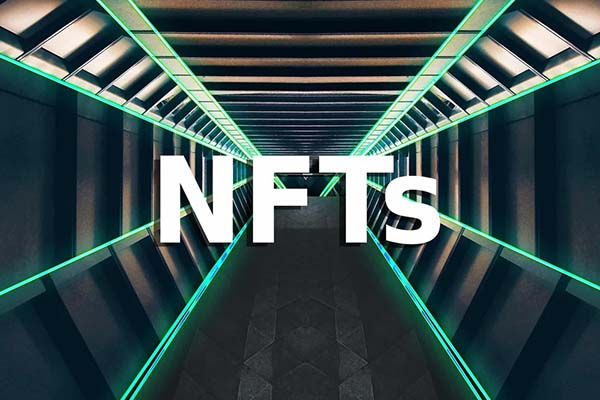A growing number of people are criticizing the blockchain and its uses as a result of the collapse of the bitcoin market. In spite of everything, fresh new ventures continue to emerge in this field, as if to prove to detractors that the crypto industry is much more robust than it appears. One of these outstanding initiatives is the introduction of musical NFTs.
The music industry benefits from blockchain in several ways.
Recently, a number of businesses announced the beginning of a project to create blockchain-based music licensing networks. The goal is to make the licensing process for works in the music business better. By removing the middlemen, this idea should enable a decrease in the price of music licenses and an increase in the income of the artists. It also strives to improve the relationship between music fans and its composers.
Blockchain presents an opportunity to reimagine a new business model for the whole entertainment industry, including the music industry, according to Mehmet Erylmaz, CEO of the entertainment company Web3 Faro Company “. He stated, “This approach bears the secret sauce of full-fledged economic liberty.
Having said that, a number of musical NFT productions have already been released. For instance, Sefi Carmel is the project manager of SphereTrax, a Bitcoin SV (BSV)-based initiative. It is a platform for music licensing that will have a collection of songs and tracks for use in advertisements, movies, TV shows, video games, and other media.
Additionally, there is the decentralized Dequency platform, which is geared toward creators and owners of music rights. It makes it possible to conduct license transactions without using middlemen. It is built on the Algorand (ALGO) blockchain and makes use of smart contracts and cryptocurrency to enable quick transactions and effective licensing payments.
Challenges NFT Projects Face
Platforms for licensing on the blockchain may run into issues with legality and misrepresentation, among others. Erylmaz claims that by being open and responsible, music licensing platforms can overcome these issues. It will be excellent practice, he said, to further explain to a customer in a separate agreement what precisely rights he is obtaining after purchasing musical NFT “.
The CEO of the entertainment company Web3 Faro Company emphasized how crucial it is for each holder of musical NFTs to be fully aware of their legal obligations regarding their assets. He went on to say that NFT projects for music should unquestionably be thorough. The length of the rights and any restrictions on the sale of the NFTs should be made clear by the promoters.
Critics are attacking cryptocurrencies while market values are at an all-time low. However, cryptocurrency investors and businesses continue to introduce fresh initiatives to show that this market still has a lot to offer. And evidence of this can be found in the introduction of music licenses on the blockchain.



